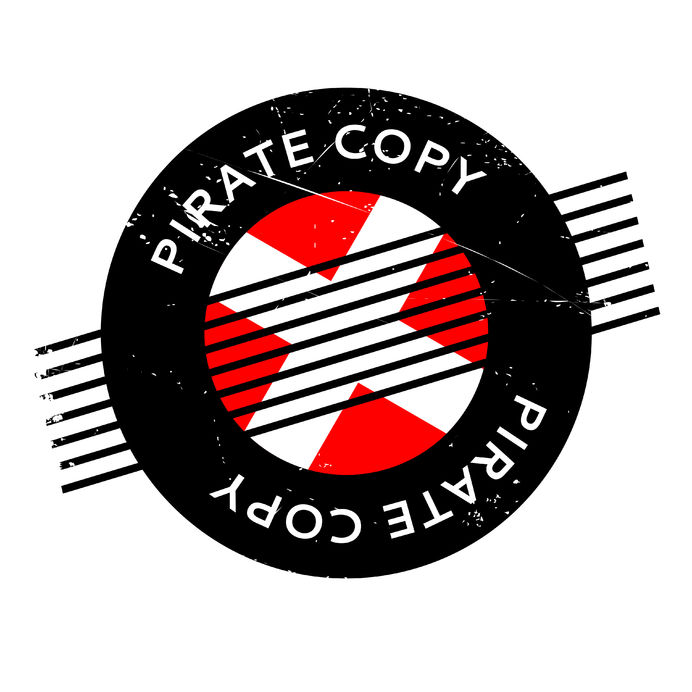
Nintendo has won another injunction in the High Court, which forces most of the largest UK broadband ISPs – Sky Broadband, BT, Plusnet, TalkTalk, Virgin Media and EE – to block two more websites that facilitated copyright infringement (internet piracy) by helping to distribute video games for the Switch console.
Such blocking orders, which are supported by Section 97A of the Copyright, Designs and Patents Act (CDPA), tend to be expensive to bring but have in recent years become very common. Hundreds of websites have been blocked through this approach (thousands if you include their many proxies and mirrors), which usually include file sharing (P2P / Torrent), video streaming sites, Sci-Hub and those that sell counterfeit goods etc.
NOTE: Nintendo is required to bear the ISPs’ incremental costs of implementing the injunction (i.e. there is no additional cost for the ISPs).
Back in 2019 Nintendo succeeded in securing an injunction that resulted in four similar websites being blocked (here) and yesterday they added two more websites to that list (“NSW2U” and “NSWROM“), including any existing or future mirror websites, domain names and URLs (here).
Mrs Justice Joanna Smith said:
The injunction sought is necessary to prevent, or at least reduce, substantial damage to Nintendo. It appears that numerous downloads of Unauthorised Nintendo Games have been facilitated by the Target Websites and that Nintendo has sustained significant losses as a result. The presence of the Target Websites diverts internet traffic away from Nintendo’s own website, as well as physical retail stores selling legitimate Nintendo products, thereby reducing exposure to authorised Nintendo Games.
Aside from substantial lost sales (including in the run up to a peak sales season), Nintendo’s reputation is damaged by the circulation of pirated games which may be unreliable or error prone and also by the appearance of adult content during the download process. No alternative measures are realistically available to Nintendo since Nintendo has been unable to identify the operators of the Target Websites.
None of the actions taken by Nintendo’s solicitors to deter ongoing infringement and disable the Target Websites (including sending multiple take down notices, writing to the hosts and domain name registrars used by the Target Websites and bringing UDRP domain name proceedings) has proved successful.
Blocking injunctions are now generally accepted to be effective in reducing traffic to target websites. In other jurisdictions where predecessor sites have been blocked, traffic has significantly declined. There is every reason to suppose that this Order will have a material impact on the public’s ability to access infringing material from the Target Websites.
Despite the ease by which such blocks can be circumvented by internet users, Rights Holders often still deem them to be useful as part of their wider efforts to discourage casual piracy. Some studies (example) have similarly suggested that sites blocked in this way tend to result in increased traffic going to legal alternatives.





